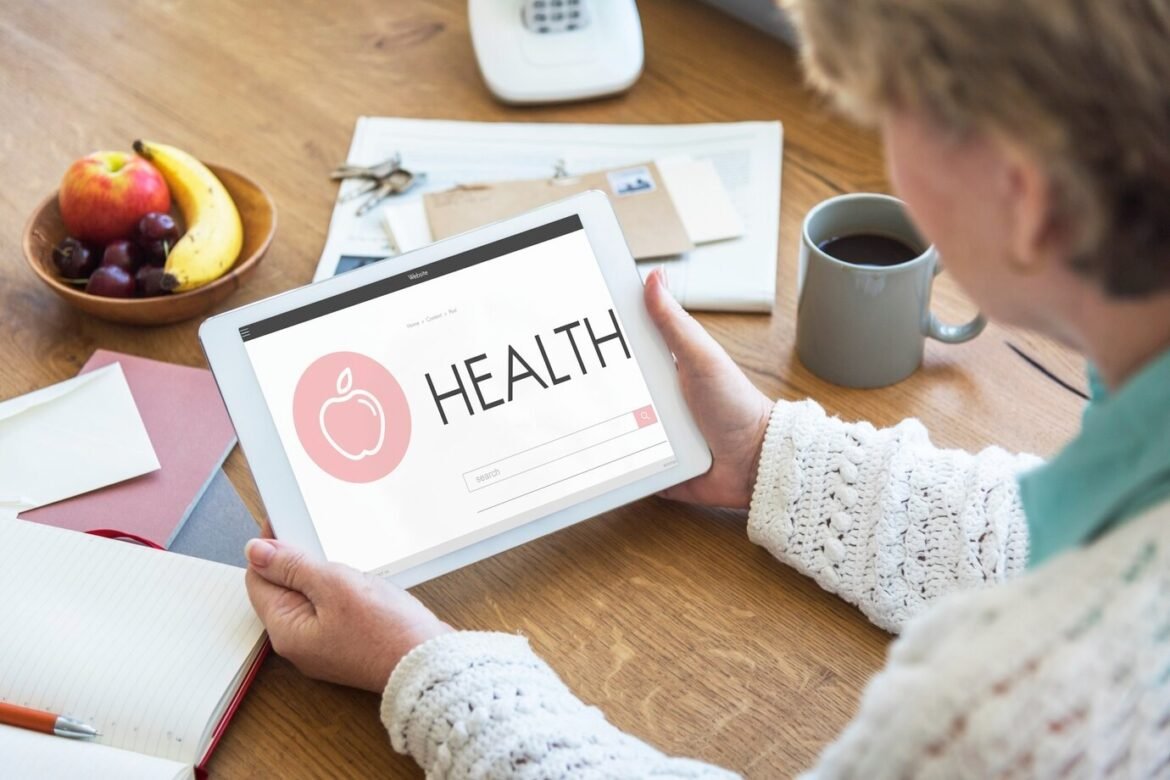As the saying goes, “You eat what you want to eat.” In the world of care homes, this sentiment couldn’t be more true. Nutrition plays a crucial role in enhancing resident health and well-being. And with the help of innovative care home software, managing nutrition has never been easier. Join us as we delve into the importance of nutrition management in care homes and how technology is revolutionizing the way we support our residents’ health. Let’s explore how proper nutrition can truly make a difference in their quality of life.
The Importance of Nutrition in Care Homes
Nutrition plays a crucial role in maintaining the overall health and well-being of the elderly. This is especially true for those living in care homes, as they often have specific dietary needs and may require assistance with meal planning and preparation.
Proper nutrition is essential for older adults as it can help prevent and manage chronic diseases, maintain muscle mass, improve cognitive function, and support immune function. However, many individuals residing in care homes may face challenges when it comes to accessing healthy and balanced meals due to various factors such as physical or cognitive limitations, dietary restrictions, or lack of proper nutrition management.
Features of Nutrition Management in Care Home Software
Nutrition management is a crucial aspect of care homes as it directly impacts the health and well-being of residents. With the increasing use of technology in healthcare, many care homes are now turning to nutrition management software to streamline their processes and ensure proper nutrition for their residents.
1. Customised Meal Plans:
One of the primary features of nutrition management software is the ability to create customized meal plans for each resident based on their dietary needs and preferences. This feature not only ensures that each resident receives meals tailored to their specific requirements, but it also eliminates potential errors or misunderstandings when relaying dietary information.
2. Allergen Management:
Many residents in care homes have allergies or food sensitivities that need to be carefully managed. Nutrition management software includes allergen tracking and alerts to prevent any allergic reactions from occurring. Caregivers can easily access this information while preparing meals, reducing the risk of cross-contamination or serving potentially harmful foods.
3. Nutrient Analysis:
Care home staff often struggle with ensuring that residents receive a balanced diet with all necessary nutrients for optimal health. Nutrition management software includes nutrient analysis tools that track the nutritional content of each meal served to residents. This feature helps caregivers identify any deficiencies or excesses in a resident’s diet and make necessary adjustments accordingly.
4. Menu Planning:
Planning menus for multiple residents with different dietary requirements can be time-consuming and challenging without proper organization tools. Nutrition management software offers menu planning templates, making it easier for caregivers to create nutritious meal plans while considering individual dietary restrictions.
5 . Real-time Data Tracking:
Nutrition management software allows caregivers to track real-time data on food intake, weight changes, and other vital metrics related to resident health. This feature enables early detection of any changes or issues with a resident’s eating habits, allowing prompt intervention by caregivers.
6. Integration with Electronic Health Records (EHR):
Integrating nutrition management software with EHR systems ensures that all resident health information is readily accessible in one place. Caregivers can easily review a resident’s medical history, medications, and dietary requirements to provide personalized care.
Nutrition management features in care home software play a significant role in enhancing resident health by promoting proper nutrition and streamlining processes for caregivers. With these tools at their disposal, caregivers can ensure that residents receive the best possible care for their nutritional needs.
The Future of Nutrition Management in Care Homes
The future of nutrition management in care homes is rapidly evolving as technology continues to advance. With the increasing number of older adults living in care homes, it has become crucial to ensure that their nutritional needs are being met effectively. This is where the role of nutrition management in care home software comes in.
One major challenge faced by care homes is accurately tracking and monitoring residents’ dietary needs and preferences. Traditional methods, such as paper-based records or spreadsheets, can be time-consuming and prone to errors. However, with the integration of nutrition management into care home software, these tasks become more efficient and accurate.
Advanced software programs now have features specifically designed for managing residents’ diets. Care providers can easily input each resident’s dietary restrictions, allergies, and food preferences into the system. This information can then be used to create personalized meal plans for each individual resident based on their specific needs.
Conclusion
In conclusion, proper nutrition management is crucial in promoting the health and well-being of residents in care homes. By incorporating it into care home software, caregivers can easily track and monitor the nutritional needs of each resident, leading to improved overall health outcomes. With technology constantly evolving, it is important for care homes to embrace these advancements and use them to enhance the quality of care provided to their residents.


